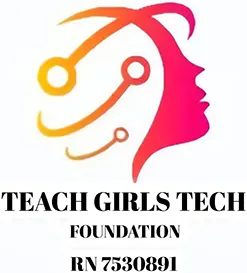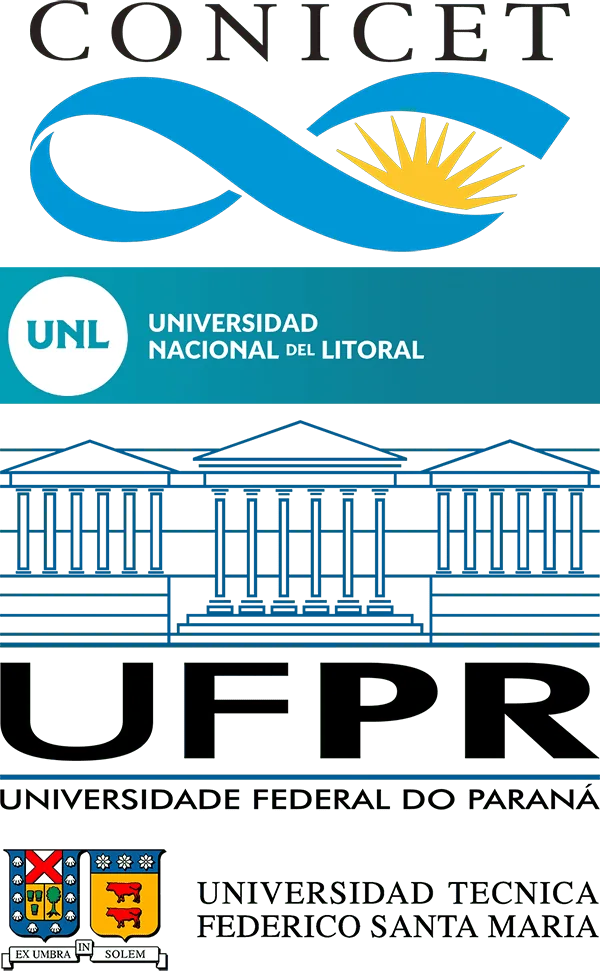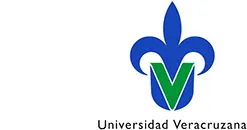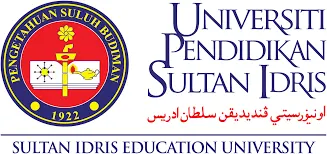Mathematical Sciences Sponsorship Fund
The Elsevier Mathematical Sciences Sponsorship Fund supports events and activities that benefit individuals and groups within the mathematical sciences community.

About the sponsorship
Thank you to everyone who shared their ideas for the 2025 MSSF. The winners have now been announced.
This year’s theme, “Mathematics for All: Cultivating Inclusive Excellence,” celebrated innovative programmes, mentorship, and community-building to create inclusive pathways in mathematics. We invite you to stay connected for future opportunities to showcase your ideas and help advance fairness, inclusion, and accessibility in the mathematical community.
Submissions were expected to be focused and well-defined, addressing the following elements:
Objectives:
Provide a description of the objectives and key activities of the program.
Goals and Plan:
A clear description of the program goals and implementation plan, including the timeframe.
Budget:
The total amount of the grant requested and justification for the requested amount, including a clear budget overview spreadsheet that indicates, in as much detail as possible, intended expenditures and other sources of funding, if any.
Organization and Partnership:
A description of the organization requesting the grant, confirmation of its status as a non-profit entity, and a listing of key officers and staff who will direct the implementation of the program. A description of key program partners, if any.
Impact:
The significance of the program’s intended impact on the mathematical sciences research community or general public science, in that country or globally.
The sponsorship fund will not provide support for:
Conference organizers
Religious or political causes (including lobbying)
For-profit organizations
Purchase of electronic equipment such as computers, laptops, mobile telephones, etc.
Eligible proposals will undergo multiple rounds of peer review conducted by members of the MSSF 2025 Selection Committee. This committee is composed of representatives from the mathematical sciences community as well as members of the Honorary Selection Committee, which includes the winners of MSSF 2024. We anticipate notifying applicants of the selection results in late November 2025.
Please note that incomplete proposals will not be reviewed.
If you have any queries about the submission process or want to withdraw an application, please contact the Elsevier MSSF Team ([email protected]).
Introducing the 2025 winners of the Mathematical Sciences Sponsorship Fund
The Elsevier Mathematical Sciences Sponsorship Fund is proud to support events and activities that benefit individuals and groups within the mathematical sciences community. Here we share the institutions and projects selected for grant support in 2025.
Mathematics for Teenage Mothers (MTM)
University of Eldoret, Kenya

The MTM project aims to bridge the gap in mathematics education for teenage mothers in Baringo County by offering intensive academic guidance and mentorship during school vacations. The program creates stigma-free learning environments, promotes emotional resilience, and supports academic reintegration. It also encourages mentorship through university students and lecturers, fostering confidence and long-term educational aspirations among young mothers.
How they plan to use the funding:
Community outreach and recruitment of participants
Conducting three intensive learning camps
Providing targeted mathematics instruction, mentorship, and emotional support
Remote mentorship via SMS/WhatsApp between camps
iMATH-ELEVATE
Teach Girls Tech Foundation, Nigeria
iMATH-ELEVATE is an inclusive education initiative designed to empower female and physically challenged mathematics teachers in Rivers State, Nigeria. It features a three-day hands-on training boot camp covering coding, robotics, AR/VR, and 3D modeling, followed by a six-month mentorship program. Teachers mentor students and participate in an innovation competition to showcase their projects, enhancing digital literacy, creativity, and inclusive teaching practices.
How they plan to use the funding:
Conduct a 3-day training boot camp
Support teachers through regular webinars and school visits
Facilitate mentorship and outreach activities

Empowering Female Students: Enhancing Motivation through Mathematics Education
Arsi University, Ethiopia
This project aims to address barriers faced by underrepresented female students in mathematics through assessment, mentorship, capacity building, and targeted education. It focuses on increasing motivation, improving teaching quality, and building confidence among female students, ultimately helping to bridge the gender gap in STEM fields in the Oromia region.

How they plan to use the funding:
Asses the challenges of the female students
Conduct capacity building workshops for teachers
Provide mentorship program
Develop and execute community outreach and awareness campaigns
Mathematics with Mindful Attention: Inclusive Resources in Higher Education and Research for Students with ADHD
CUNEF Universidad, Spain

Mathematics is a fundamental pillar of academic and professional success. However, students with Attention Deficit Hyperactivity Disorder (ADHD) often face disproportionate challenges with sustained attention, executive functioning, and organization, which hinder their engagement with mathematical content. While secondary education initiatives exist to promote inclusion, there is a critical lack of structured resources and support mechanisms at the university level, especially for advanced academic tasks like undergraduate thesis projects and research activities. This project aims to fill that gap by extending inclusive didactic strategies into higher education, fostering accessibility in mathematical research, and supporting students with ADHD.
How they plan to use the funding:
Develop digital modular materials (short videos, interactive exercises, self-assessment modules).
Produce tactile and multisensory learning resources (raised diagrams, color-coded cards, physical organizers).
Integrate gamification principles and immediate feedback systems.
Provide guidelines and training modules for educators.
Extend inclusive practices to higher education and research, offering organizational tools and structured support for students preparing undergraduate theses (TFG) and engaging in research projects.
La Ciencia sí es Cosa de Chicas
Universidad del Norte, Colombia

This project seeks to inspire girls aged 12-15 in Barranquilla to pursue STEM careers through engaging, hands-on laboratory workshops led by female scientists. It includes impact evaluations through surveys and follow-ups to measure changes in interest and confidence, with a focus on reducing gender stereotypes and promoting female leadership in science.
How they plan to use the funding:
Design and deliver STEM workshops in schools
Conduct pre- and post-surveys and longitudinal follow-up
Engage community and school stakeholders
Document lessons learned for replication and scalability
Inspiring Latin American Girls in STEM through Gamified Learning
CONICET and Universidad Nacional del Litoral (Argentina
Universidade Federal do Paraná (Brazil)
Universidad Técnica Federico Santa María (Chile)
The project aims to reduce gender gaps in mathematics by developing scalable, open-access educational toolkits inspired by escape room mechanics. It focuses on engaging girls aged 10–18 in Latin America, as well as educators, science museums, and community centers worldwide.
How they plan to use the funding:
Design and produce four modular puzzle-box kits featuring pioneering women mathematicians’ biographies, addressing stereotypes in STEM education.
Develop a multilingual (Spanish/Portuguese) digital platform with open-access, 3D-printable resources for low-resource communities.
Build a Latin American network by partnering with 6+ schools and museums across at least three countries to pilot and adapt the toolkits for broader use.
Websites:

Inclusive Bridge to High School: Accessible Mathematics for Visually Impaired Students in Veracruz, Mexico
Universidas Veracruzana, Mexico

This project aims to support approximately 20 visually impaired students during their transition to high school through accessible mathematics activities, inclusive mentoring, and community awareness initiatives. The program fosters collaboration and confidence by conducting bi-weekly problem-solving sessions, monthly collaborative challenges, and final applied projects. It seeks to create an inclusive model of education that improves mathematical skills, builds self-confidence, and promotes community understanding of accessibility.
How they plan to use the funding:
Facilitate the academic success of visually impaired students with tactile graphics, Braille, and accessible software.
Conduct bi-weekly problem-solving sessions focused on real-world problems.
Organize monthly challenges on geometry, algebra, and statistics.
Support students in developing final projects and presentations for community dissemination.
Train mentors, prepare accessible materials, and promote community awareness.
Fun Mathematics Learning for Children with Disabilities
STEM Nurturing Centre, Sultan Idris Education University, Malaysia

This project addresses the marginalization of children with disabilities in mathematics education by developing and piloting inclusive learning kits and workshops tailored to their needs. It integrates tactile, visual, and auditory methods and aims to build capacity among teachers and caregivers to deliver accessible mathematics instruction. The initiative also promotes community awareness of accessibility and inclusion in STEM.
How they plan to use the funding:
Improve access to foundational mathematics through inclusive, adaptive resources.
Enhance motivation and confidence among children with disabilities.
Train teachers and parents in inclusive pedagogy and assistive methods.
Promote community awareness of accessibility and inclusion in mathematical sciences.
Building Mathematical Capacity against social discrimination: A Pilot Youth Hackathon Initiative
International Mathematics Master A.P.S., Italy

This initiative uses a youth hackathon to empower students in Pakistan to model, analyze, and propose solutions to systemic social discrimination in STEM education. Participants work in groups to develop mathematical models addressing real-world issues, followed by panel discussions with experts, fostering awareness, inclusivity, and social justice through mathematics.
How they plan to use the funding:
Enable program design, coordination and facilitator development for the hackathon.
Coordinate inclusive recruitment and participant welfare.
Deliver knowledge outputs and communications with the wider public.